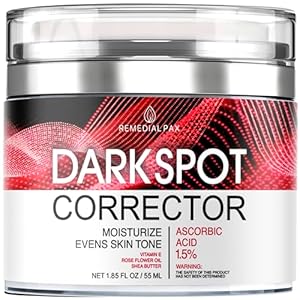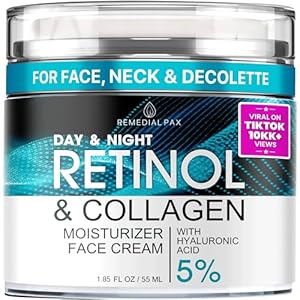
How well does an epigenetic clock measure biological age? The research community cares about whether an epigenetic clock can be trusted in the measure of biological age because being able to use clocks to assess potential rejuvenation therapies would greatly speed up research and development. This is an important question, but because of the way in which epigenetic clocks are constructed, using machine learning to fit algorithms to epigenetic data from populations at various ages, it is not obviously the case that researchers can quantify the risk that a specific clock is not a good measure of biological age. Here find a discussion of this issue and some thoughts on the way forward.
The primary assumption of aging clocks is that the deviation ∆ of predicted age from the chronological age C represents an accelerated or decelerated aging, that is, an increase or decrease in the biological age B. Since biological age cannot be measured directly, the epigenetic age estimated by the clocks is therefore considered a proxy measure of the biological age. However, before aging clocks could be integrated into clinical practice, these models should provide an estimate of uncertainty for their own predictions.
Uncertainty manifests itself in three ways: (i) Model choice uncertainty, part of a broader category known as epistemic uncertainty, represents how well a proposed model reflects the actual underlying process. (ii) Out-of-distribution (OOD) uncertainty, another type of epistemic uncertainty, emerges when the testing data are not represented in the training data distribution, leading to a high risk of model prediction failure (iii) Aleatoric uncertainty originates from data variations that cannot be reduced to zero by the model.
From the clinical perspective, epistemic uncertainty must be estimated to make reliable conclusions about whether to trust a model or not. Specifically, epistemic uncertainty resulting from the dataset shift should be scrutinized, considering the prevalence of batch effects in biological data. Dataset shift describes the case of OOD sampling where the testing population is under-represented within the training distribution. However, most popular DNA methylation aging clocks fail to meet this criterion because they are typically built using algorithms from the penalized multivariate linear regression (MLR) family. Such algorithms do not yield information on any of the uncertainties, except for the error between chronological and predicted ages in the training data.
In this work, we question the applicability of existing aging clock methodology for measuring rejuvenation by specifically examining prediction uncertainty. We present an analytical framework to consider rejuvenation predictions from the uncertainty perspective. Our analysis reveals that the DNA methylation profiles across reprogramming are poorly represented in the aging data used to train clock models, thus introducing high epistemic uncertainty in age estimations. Moreover, predictions of different published clocks are inconsistent, with some even suggesting zero or negative rejuvenation. While not questioning the possibility of age reversal, we show that the high clock uncertainty challenges the reliability of rejuvenation effects observed during in vitro reprogramming before pluripotency and throughout embryogenesis. Conversely, our method reveals a significant age increase after in vivo reprogramming. We recommend including uncertainty estimation in future aging clock models to avoid the risk of misinterpreting the results of biological age prediction.
Trending Products











